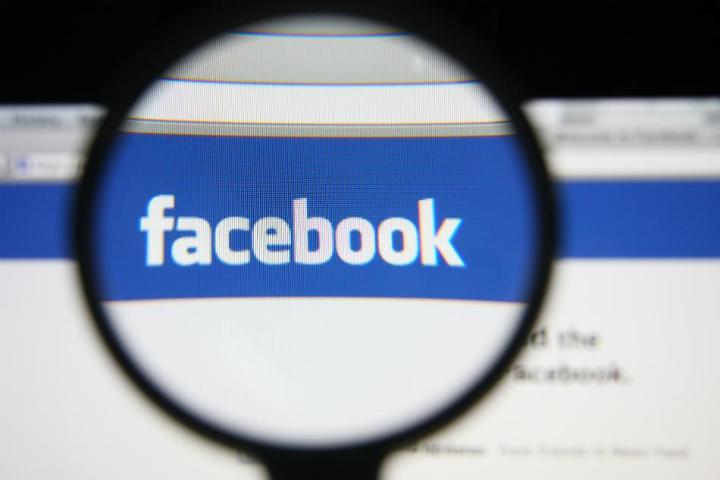
Following the devastating bombing in Lahore, Pakistan on Sunday that killed at least 69 people and injured hundreds, Facebook activated Safety Check. Ordinarily, the system would’ve sent a notification to Facebook users located in and around Lahore asking if they were affected by the bombing. If a user responds that they’re fine, a message relaying the news would then be automatically sent to their
However, after the Lahore attack, the initial notification from the social networking giant went out to a number of users far away from Pakistan, with reports suggesting many were located in the U.S. and U.K.
Facebook’s Safety Check alert read: “Are you OK? It looks like you’re in the area affected by The Explosion in Gulshan-i-Iqbal Park, Lahore, Pakistan. Let your friends know that you’re safe.”
According to posts on social media, some users were pretty shocked to be contacted by Facebook as it momentarily had them wondering if something terrible had happened close by. And had those that erroneously received the notification responded that they were OK, their
Boston-based Facebook user Josh Wotes was one of those to receive the initial notification. He tweeted: “Thankfully I’m nowhere near the Lahore bombing.
The system usually determines a user’s location via the place listed in their profile, their last location if they’ve opted in to Nearby Friends, or the area where they’re using the Internet.
In a statement released later in the day, Facebook said sorry for sending the initial alert to some users in error though didn’t explain how it happened.
“We activated Safety Check today in Lahore, Pakistan, after a bombing that took place there,” the company said. “Unfortunately, many people not affected by the crisis received a notification asking if they were okay. We worked to resolve the issue and we apologize to anyone who mistakenly received the notification.”
Initially meant for natural disasters, Facebook rolled out its Safety Check feature in 2014. However, the terrorist attack in Paris in November prompted the company to start activating it for other kinds of incidents in a bid to help users quickly inform friends and family of their safety.
It’s not the first time the tool has made headlines for the wrong reasons. Following the Paris attack, many questioned why Facebook didn’t enable the tool for a similarly devastating terrorist attack in Beirut a day earlier. The outcry forced Mark Zuckerberg to explain his company’s policy regarding the use of Safety Check, with the CEO promising to use it more widely moving forward.


